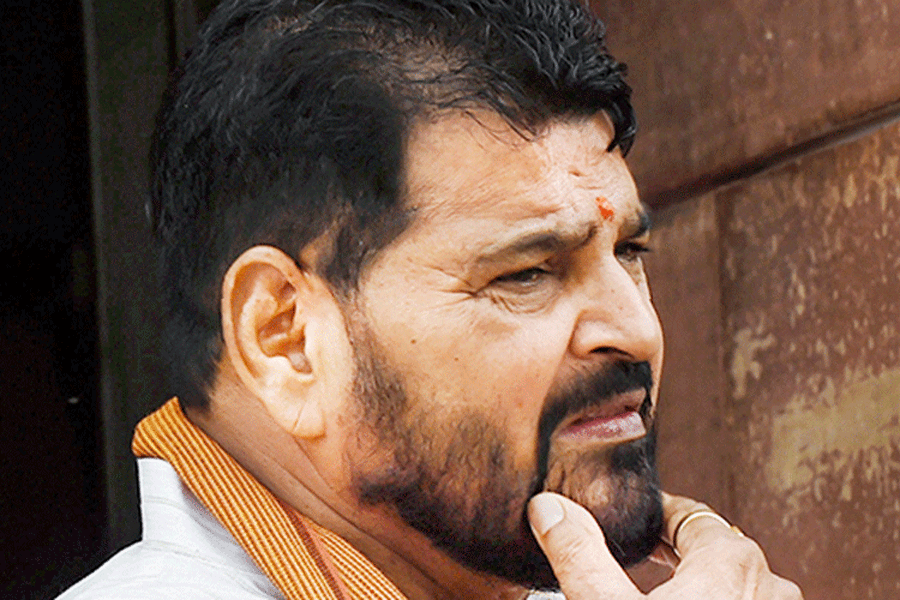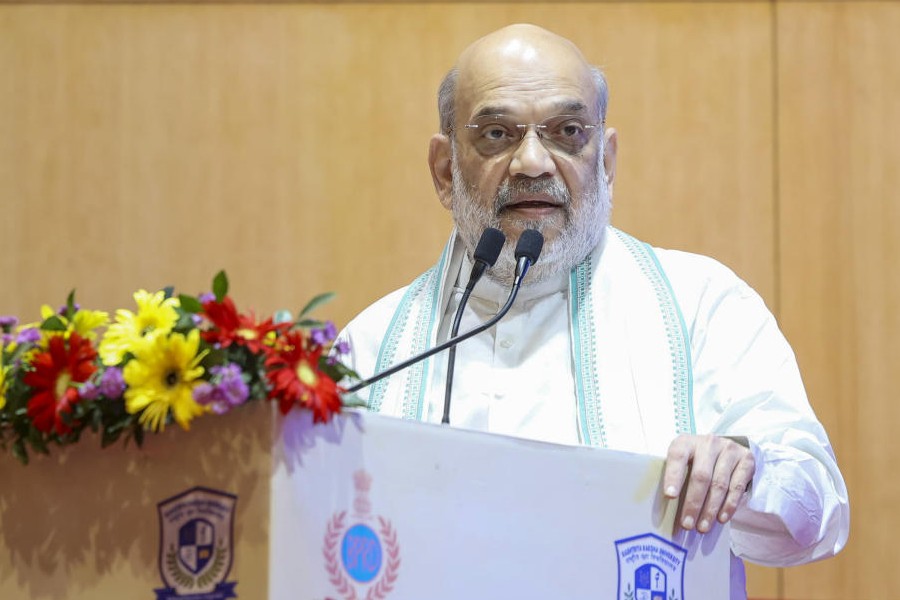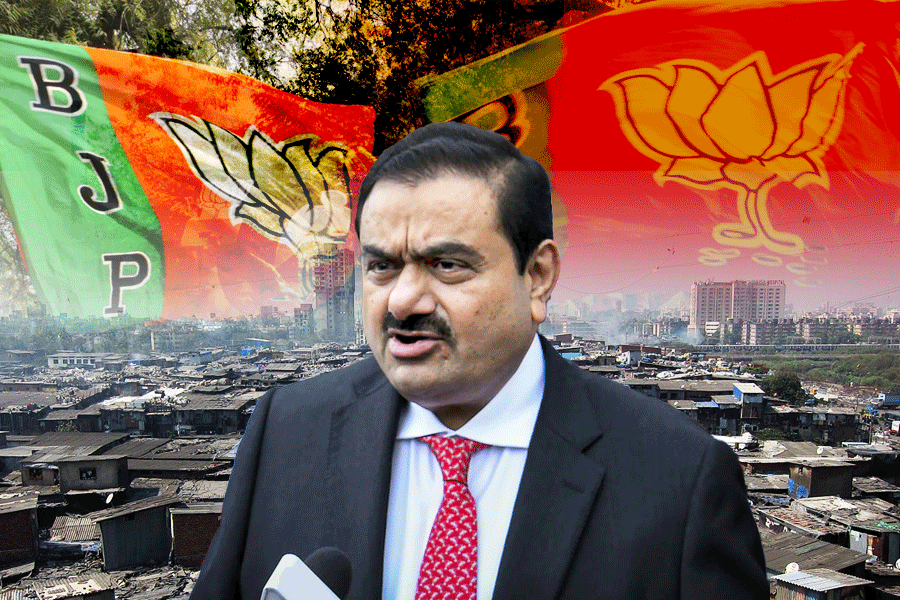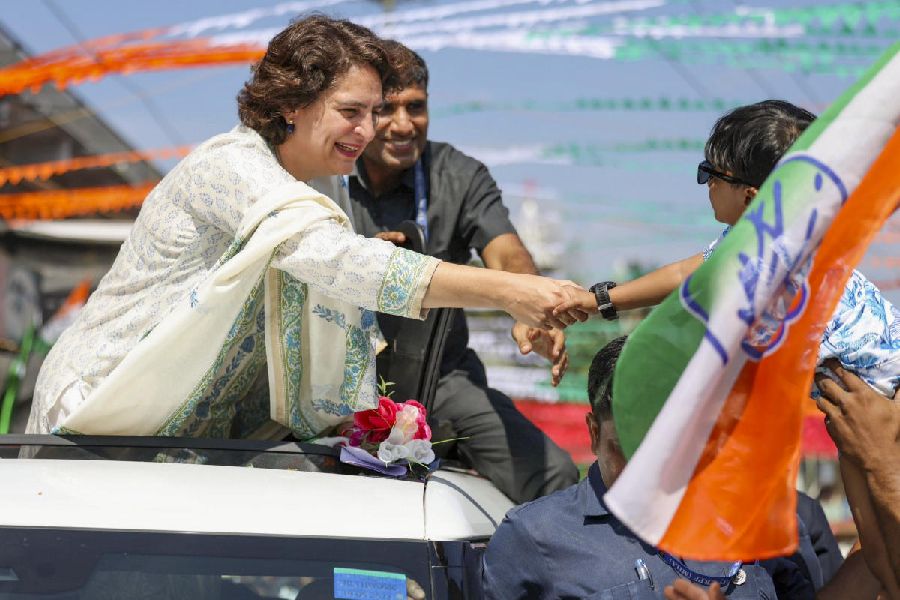Political expediency can, at times, explain a regime’s inertia. Consider the seemingly mysterious apathy of the Narendra Modi government towards the wrestlers’ protest against Brij Bhushan Sharan Singh who, the sportspersons have alleged, is guilty of serious transgressions. The Bharatiya Janata Party’s obdurate shielding of Mr Singh is predicated on a simple political formula. Mr Singh derives his importance and, hence, patronage from the powers that be on account of his decisive influence in a number of electoral constituencies in Uttar Pradesh. Punitive action against him could land Mr Modi and his party on the mat, in a manner of speaking, during the crucial general elections. Little wonder then that the Union home minister’s meeting with the protesters did not yield a solution.
This supposed political pragmatism may, however, end up being counterproductive for the BJP. This is because there is enough evidence of a groundswell of support for the wrestlers who have been forced to face the might of Mr Modi’s State. The solidarity expressed by khaps as well as by the Samyukta Kisan Morcha is an indication of a large community mobilisation in the wrestlers’ favour. This could hurt the BJP electorally, especially in states like Haryana, Uttar Pradesh, and even Rajasthan — the belt that has been a source of steadfast support for Mr Modi’s government. There is growing international outrage too: the International Olympic Committee has already condemned the police action — atrocity — against the protesting wrestlers. India’s global image is unlikely to be burnished by these developments.
It remains to be seen how Mr Modi chooses to respond to this unfolding crisis. He could decide to concede — just as he was forced to by farmers — to minimise the political damage. But that would severely dent his curated image of a ‘strong leader’ and leave him vulnerable to his core constituency of hawkish, rabid supporters. Alternatively, he may not act, even though it has been reported that he was not unaware of Mr Singh’s abominable conduct. This would be consistent with his egotistic inclination. That could multiply the political damage for the government not just in India’s hinterland but also across swathes of urban India. That institutional injustice to women can elicit steep electoral costs has, on occasion, been demonstrated: India’s Opposition need only to look at how the massive protests after the Delhi gangrape had singed the Congress. Despite the BJP’s political dominance in recent times, the party and Mr Modi remain vulnerable to the vagaries of the public mood. This also goes to show that collectives on the ground — be they khaps or broader solidarities among communities — are a more reliable reflector of the prevailing public mood. The embellished, fictive narratives thatMr Modi’s government force-feeds the nation may well crumble in the face of such outrage. That is the power of democracy.











